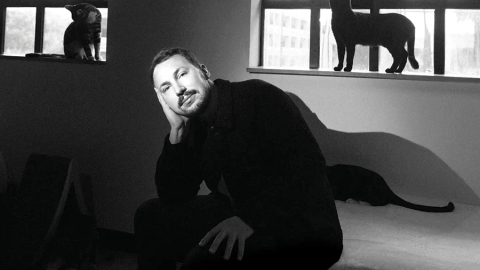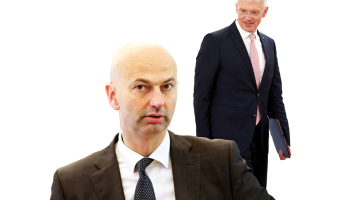
Kredītkartes. Foto: Edijs Pālens, LETA
On Friday 22 February the EU Commission Representation in Latvia held a conference dedicated to preparation for the euro and the experience of euro membership, in this case from Austria.
Having the euro as one's currency does not directly create economic growth but it certainly facilitates the use of the Single Market and may bring growth indirectly, e.g. via increased trade flows and more investment due to the absence of currency risk. Otherwise long-term growth comes from the usual channels: More capital and labour, better education and institutional reform (‘structural reforms'). How has the initial Eurozone (EZ) countries fared since the formation of the common currency? 11 countries formed the EZ in 1999 with Greece joining in 2002. I have used data for those 12 countries, the EZ-12, and below two graphs are presented.














